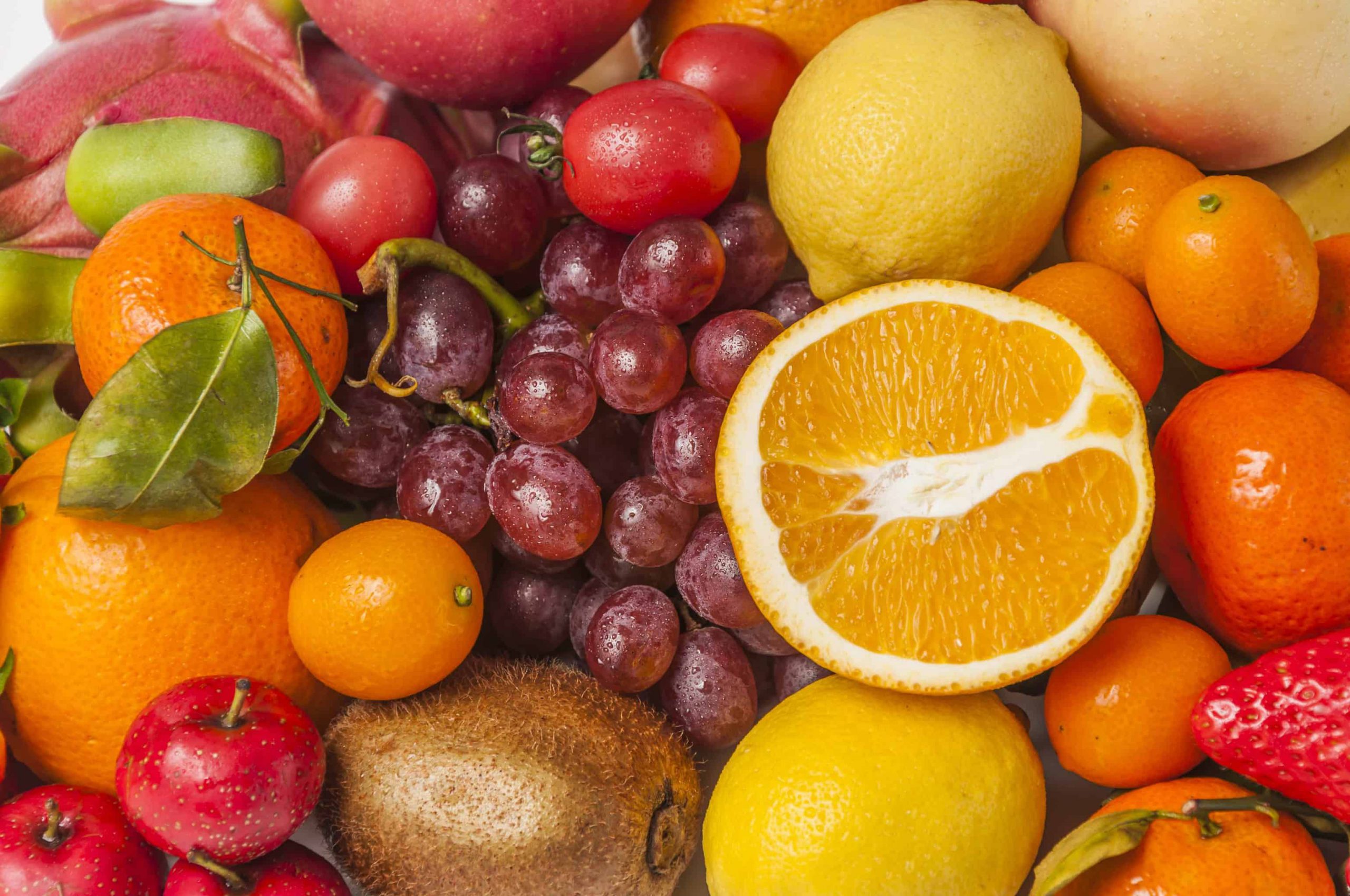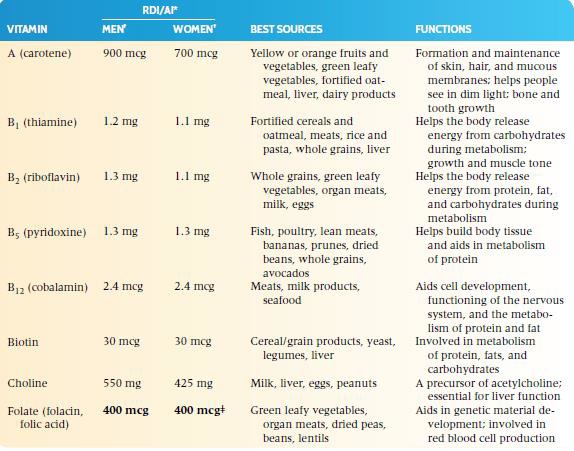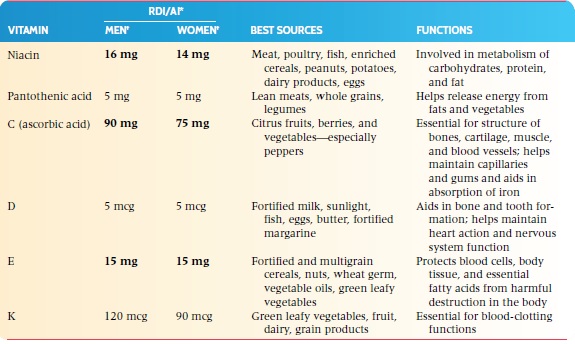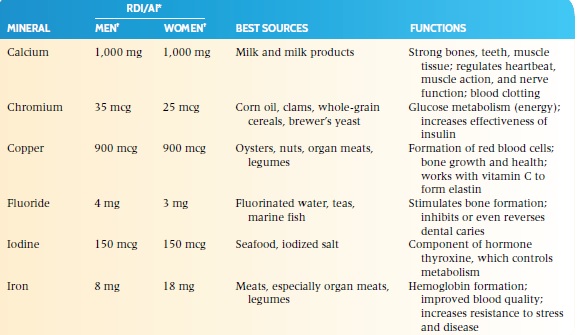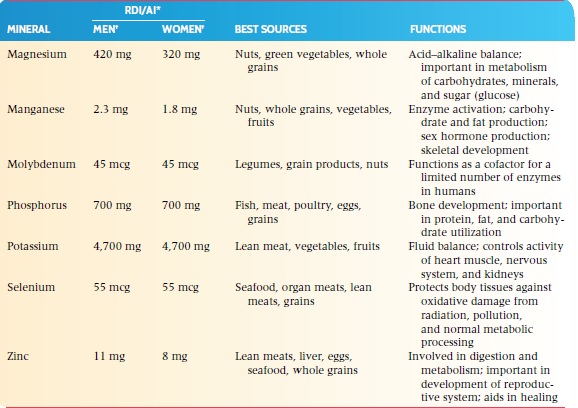Food is a pleasure. The food is fun. Food is fuel. The foods we eat daily are often intertwined with our habits, lifestyles, and likes or dislikes, making it difficult for us to imagine food as fuel. However, in the process of healing – whether from injury, osteoarthritis or surgery – it is important to consider food beyond what you eat.
Like medicine, food has very real healing properties that can make recovery faster, easier and even safer.
With elective surgery, you have an amazing opportunity to use Pre-Hab to control your health before putting extra stress on your body. Reducing current symptoms and reducing the risks and complications of surgery can be done by providing the nutrients needed to perform at a higher level. Eating foods rich in protein, antioxidants and vitamins such as C and D will boost your body quickly.
A diet that strengthens your immune system, improves healing, is rich in antioxidants and has anti-inflammatory properties, not only does not prepare you for surgery, but also shows that recovery begins before surgery.
Foods that heal your body before surgery: Foods rich in vitamins and nutrients give our bodies what it needs to fight disease, infection, disease and more. Foods that have no nutritional value are often called “empty calories”, meaning that they offer little value to your body in return. Eating a colorful balanced diet is very important when fighting to return to better health and prepare for surgery.
Note: Always consult your doctor before drastically changing your diet or starting a new supplement diet. Consult your doctor as your surgery date approaches (1-2 weeks out) as you may need to change your diet before your Pre-Hab surgery.
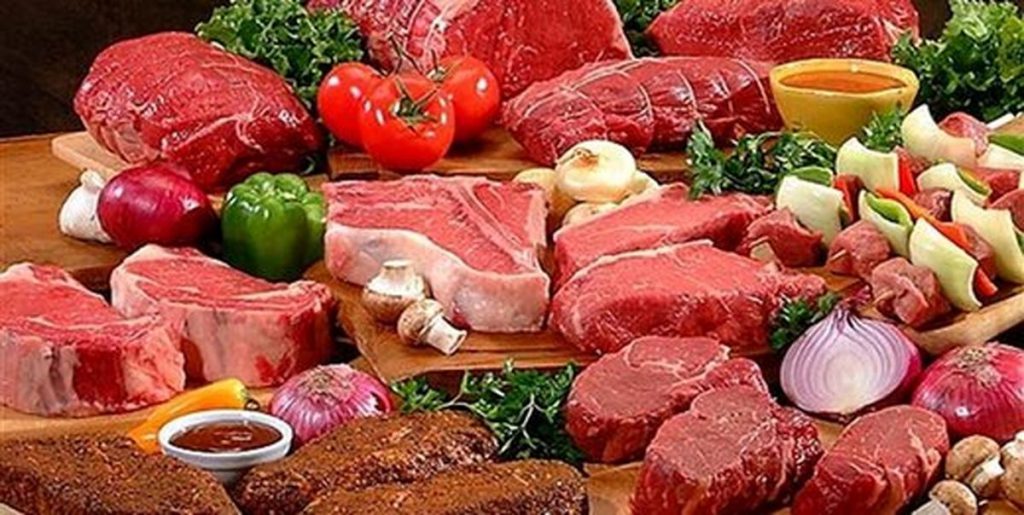
Protein
When it comes to wound healing and healing, the body needs excess protein. Amino acids are the main constituents of proteins and perform a wide range of bodily and structural functions. Proteins give us antibodies that control our immune system, regenerate tissue, and heal wounds. Structurally, our bodies use protein as building blocks of muscle, collagen, elastin and creatine. Collagen is a major component of many tissues such as skin, tendons, muscles, ligaments, cartilage, blood vessels, bones and teeth.
Foods that are naturally high in protein
- Animal products such as beef steak, ground beef, pork, chicken breast and eggs.
- Beans (Black beans are low in sodium and saturated fat).
- Tofu and soy
- Milk, cheese and yogurt (especially Greek).
- Seeds and kernels such as almonds, walnuts, hemp kernels and peanut butter
- Protein-rich drinks or beverages (we recommend and like Health Warrior Superfood proteins that are low in sugar and vegetarian)
Tip: Whey or other proteins can be combined in a smoothie with other vitamin-rich nutrients. Consider a fruit and vegetable smoothie with extra protein that kills a whole group of birds at the same time.
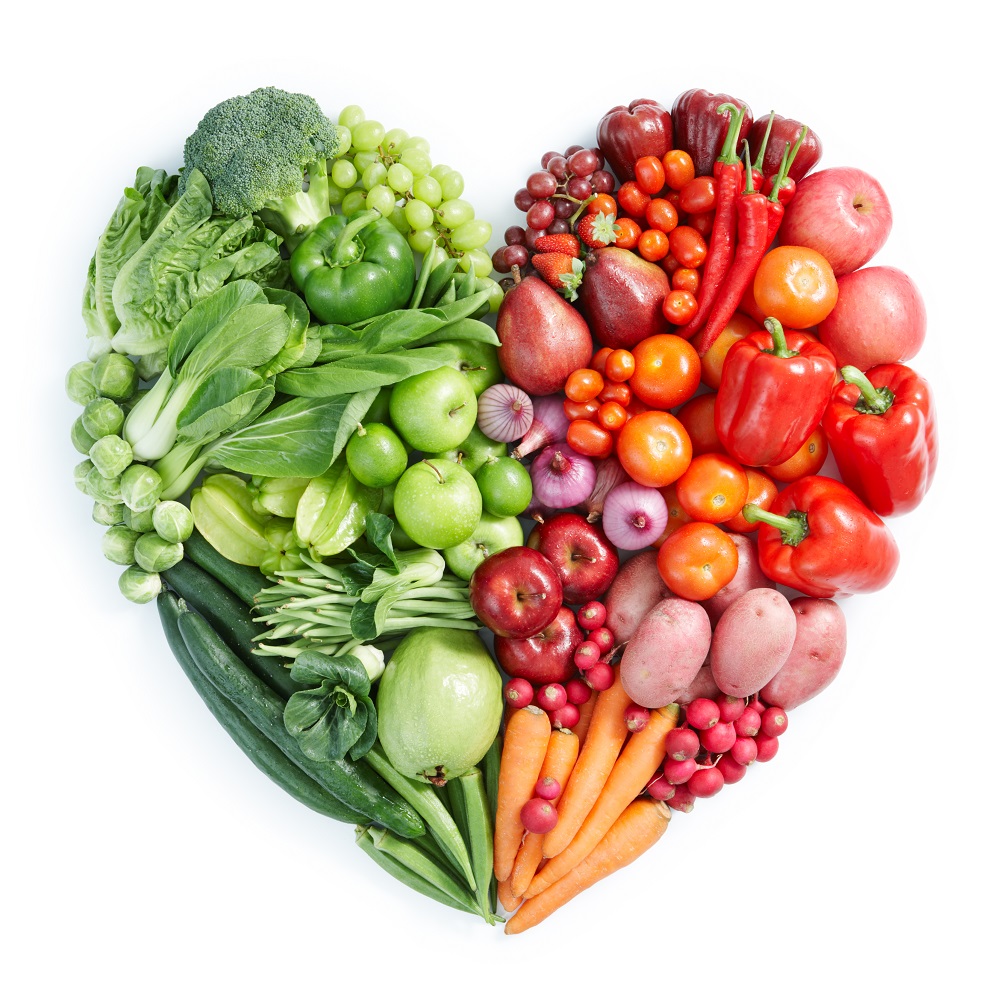
Calcium and Vitamin D
When you think of calcium, think of bone strength and repair. In the case of wound healing, “calcium is mainly involved in the hemostatic phase (stopping bleeding)”, but it also plays an important role in “patterns of migration and cell regeneration in the later stages of healing.” Science Daily’s findings add to the healing power of calcium and state that it is associated with “the first step in repairing damaged tissue.” To get the health benefits of calcium from calcium, you need supportive nutrients such as vitamin D (or even vitamin K and magnesium among other substances).
Foods rich in calcium and vitamin D
- Yogurt and cheese enriched with vitamin D.
- Enriched whole grains
- Orange juice enriched with calcium and vitamin D.
- Salmon, sardines or trout
More calcium:
- Enriched dairy products such as milk, cheese, yogurt
- Dark vegetables such as spinach, red collar, kale and okra
- Soy and soy milk.
More Vitamin D:
- Fatty and oily fish such as smoked salmon
- Portobello mushrooms
- Tofu
- Hard-boiled eggs
Vitamin C and Iron
Vitamin C is a vitamin that your body cannot produce on its own. The only way for the body to access this highly healing antioxidant is to take it. Like protein, vitamin C is needed by the body to make or regenerate collagen. Healing is the most basic form of collagen regeneration. Therefore, vitamin C is needed for tissue repair and growth, and the body uses it to build skin, blood vessels, ligaments, bones, teeth, and so on. Vitamin C, in addition to being an independent superhero, increases iron absorption. Vitamin C increases the absorption of non-plant / plant iron by converting it to “ferric iron”, which can be absorbed in the small intestine. When iron is properly absorbed, it raises preoperative red blood cell levels, helps carry oxygen in the blood, boosts the body’s immunity, and boosts energy levels. Feeling more energized or reduced in mobility helps the injured to train through key PreHab exercises that accelerate recovery.
After surgery, reaching the recommended iron level is associated with a reduced risk of postoperative anemia and blood transfusions
Foods rich in vitamin C and iron
Vitamin C
- Citrus fruits
- Red fruits and vegetables such as tomatoes or tomato juice, peppers and strawberries
- Green vegetables such as spinach, broccoli, Brussels sprouts and cabbage
Iron
- Red meats such as liver, beef and lamb
- Seafood such as oysters or oysters
- Green vegetables such as spinach, vegetables, kale, peas and more
- Beans and lentils: red beans, pinto beans and garbanzo beans
- Seeds and kernels such as walnuts, almonds, pistachios and sunflower seeds
Other vitamins, nutrients and therapeutic foods for surgery
Zinc
Zinc is involved in improving immune function as well as cell regeneration and wound healing. Zinc is especially excellent for improving tissue and skin. Foods rich in zinc: Cooked oysters contain more zinc than any other food, followed by beef, mutton, roasted wheat germ, spinach, pumpkin seeds, cashews, chocolate, and more.
Probiotics
It is estimated that there is 75-80 natural immune immunity in our gut. Probiotics are great for gut health and can counteract the effects of postoperative or preoperative antibiotics. Antibiotics kill bad bacteria, but they can also kill the good bacteria in our gut and help digest food. Foods rich in probiotics: yogurt, fermented vinegar, sauerkraut, fermented beverages kimchi, kombucha.
Pen juice, bone broth
“Bone broth is extremely healing.” They are rich in vitamins and minerals in a simple, easy-to-digest form. These broths contain collagen, gelatin and glycine, which generally repair and improve digestion. And prevent muscle failure.
Vitamin Facts
Mineral Facts
Mend Me Benefits for Injured MSD Workers:
- Available anywhere and anytime. Injured workers can access their Pre-Hab (surgical preparation), Re-Hab (postoperative recovery) or pain management programs at home or on the move.
- No need for additional technology. Many digital musculoskeletal applications require wearable technology. The full range of Mend Me evidence-based applications and all AI SMART Motion technology are built into the program.
- Contains. Mend Me is designed for complex users (the elderly with common diseases such as diabetes, smoking and obesity). MSD is sophisticated and simple surgical readiness accessible through dynamic content and advanced artificial intelligence.
- Difficult users are involved in dynamic and custom programming that uses playful images and readable language.
- Comprehensive – Physiotherapy and pamphlets are not enough when it comes to treating musculoskeletal disorders. Mend Me covers five pillars of health and provides complete healing and a strong foundation to prevent re-injury.
- Gamified – Mend Me shares patient progress and scores to motivate each claimant to achieve the best personal level. Every day and every day, claimants are encouraged to recover quickly.

